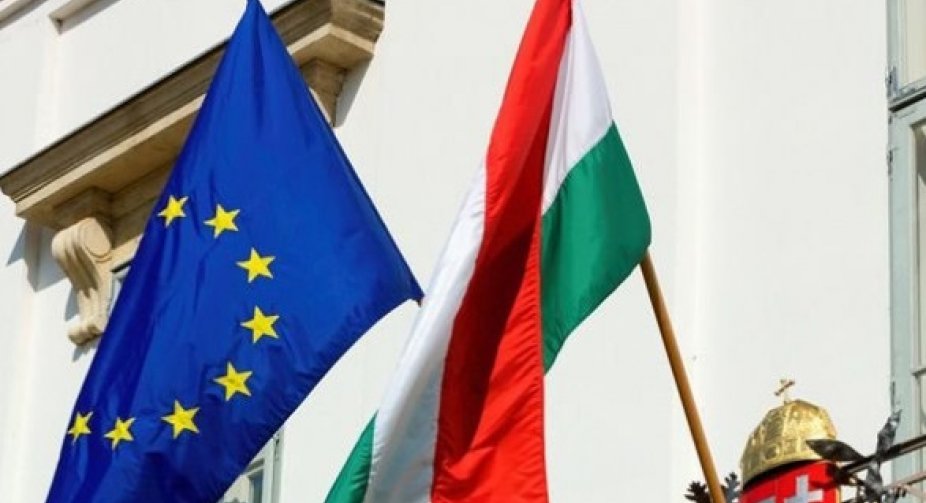MEPs claim that Hungary's numerous violations of EU law make it unfit to preside over the bloc in 2024, and call on the EU government to find an appropriate solution to this issue. Euractiv writes about it.
It is emphasized that next week the members of the European Parliament will vote on the draft resolution on depriving Hungary of the right to preside over the EU.
The resolution, which was supported by the three main parties of the European Parliament, has no binding legal force, but indicates that the conflict between Brussels and Budapest may flare up even more.
According to the rules, the Hungarian government must preside over the Council of Ministers for six months from July 2024 (less than a month after the next European elections).
Although the presidency has much less political influence on the course of the debate, since the Lisbon Treaty introduced a permanent president of the European Council, it has been responsible for shaping negotiations on EU laws.
The resolution raises the question of how Hungary will be able to reliably fulfill this task in 2024, given its non-compliance with EU legislation and values, as well as the principle of sincere cooperation.
The resolution calls on the EU government to "find the right solution as soon as possible" and reminds that "the parliament can take appropriate measures if such a solution is not found."
In response, the representative of the Hungarian government, Zoltan Kovacs, accused the members of the European Parliament of "the same old, battered accusation that Hungary violates the basic principles of the EU and, therefore, cannot hold the post of chairman."
"But we know the real reason: they don't like Hungary's peaceful position, and they want to drag us into a conflict," he added, referring to Hungary's stance on Russia's invasion of Ukraine (when Budapest voted against imposing sanctions on ed.-) , - said the government spokesman.
Elsewhere, the resolution accuses the Fidesz government of systemic corruption and condemns the Hungarian government's anti-EU communication campaigns as part of the government's strategy to divert attention from its lack of values.
The Fidesz government (Prime Minister Viktor Orbán) has been in almost constant conflict with EU institutions in recent years, primarily due to disputes over the independence of the judicial system, freedom of the press and civil society, and the rule of law.
Hungary, which is a member of the EU as well as NATO, refused to provide any military equipment to Ukraine. Hungary has also repeatedly criticized EU sanctions against Russia, which all 27 EU countries must also unanimously approve, but in the end supported all the measures agreed so far.
Hungary is at loggerheads with Brussels as the bloc has suspended any payments from EU recovery funds until the nationalist government in Budapest implements reforms to increase the independence of the judiciary and fight corruption.
In power since 2010, Prime Minister Viktor Orbán has clashed with the EU and its executive body, the European Commission, over restrictions on migrants' rights, as well as increased state control over NGOs, academics, media and courts.






